

During its close flyby of Jupiter’s moon Io on December 30, 2023, NASA’s Juno spacecraft captured some of the most detailed imagery ever of Io’s volcanic surface. This image is the NASA Science Image of the Month for October 2025.
Read More

During its close flyby of Jupiter’s moon Io on December 30, 2023, NASA’s Juno spacecraft captured some of the most detailed imagery ever of Io’s volcanic surface. This image is the NASA Science Image of the Month for October 2025.
Read More
NEW YORK, NY — In a move experts now hail as one of the more shrewd decisions made in the professional sports world in the last several years, star baseball player Juan Soto revealed that he joined the Mets so he could get the entire month of October off every year.
Read More
GRAND BLANC, MI — Members of The Church of Jesus Christ of Latter-day Saints responded to the tragic attacks on one of their locations by continuing to be nice and friendly to everyone they met.
Read More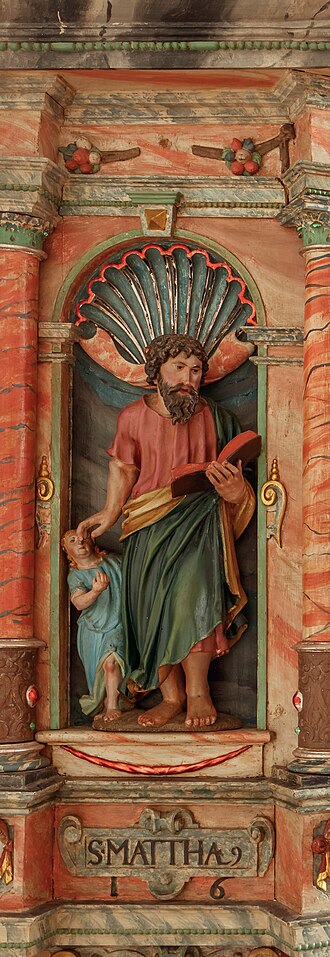


U.S. – Researchers at the University of Maryland have discovered that the most effective treatment for clinical depression is a giggling baby.
Read More

ANN ARBOR, MI — To get ready for a political debate at the University of Michigan campus, local Democrat Fred Phillips headed down to the gun range to practice.
Read More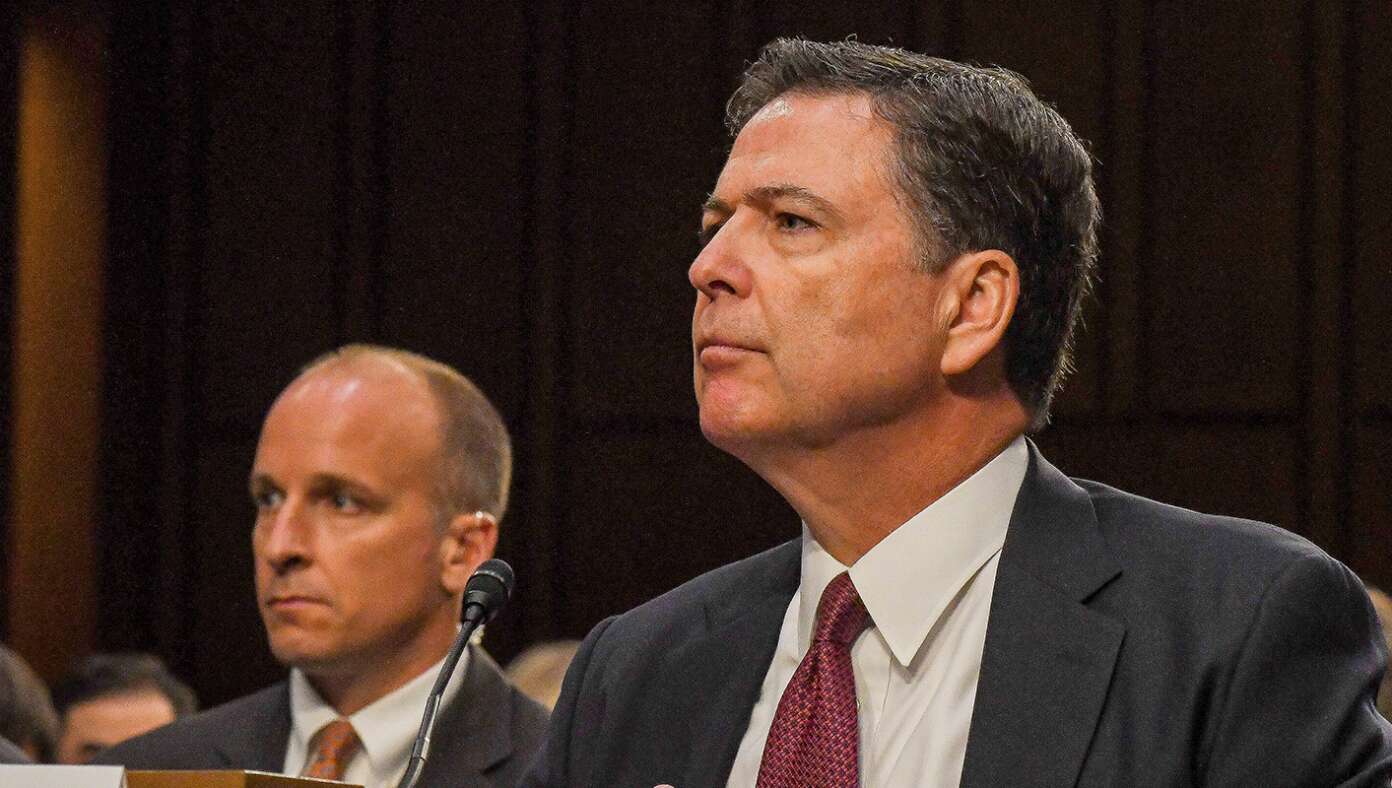
U.S. — Americans were not quite sure what former FBI Director James Comey had been indicted for, but they felt very sure that he deserved it.
Read More
| Picture of the day |
|---|

|
|
Hood ornament “Spirit of Ecstasy” (commonly known as “Emily”) of a Rolls-Royce Phantom II
|


This stunning Earth image taken from the International Space Station looks at a large lake in eastern Kazakhstan with golden sunglint: Lake Balkhash. It is one of the largest lakes in Asia and is the 15th largest lake in the world.
Read More
It’s official: According to the U.S. government, taking Tylenol is "not good." However, this raises questions about how people should treat their headaches going forward.
Read More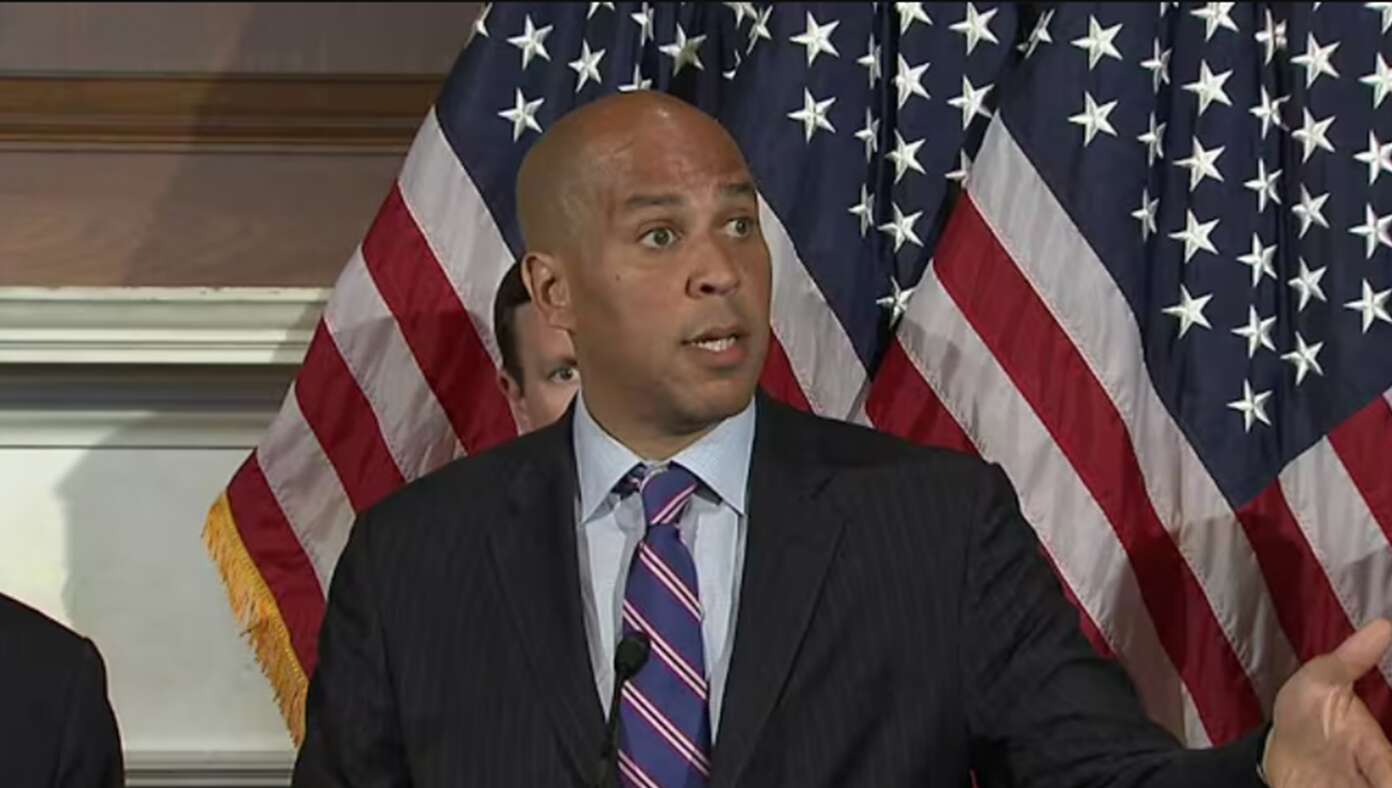
U.S. — Democrats sounded the alarm over Trump’s prosecution of former FBI Director James Comey, warning that the prosecution of political opponents could set a dangerous precedent for America’s democracy.
Read More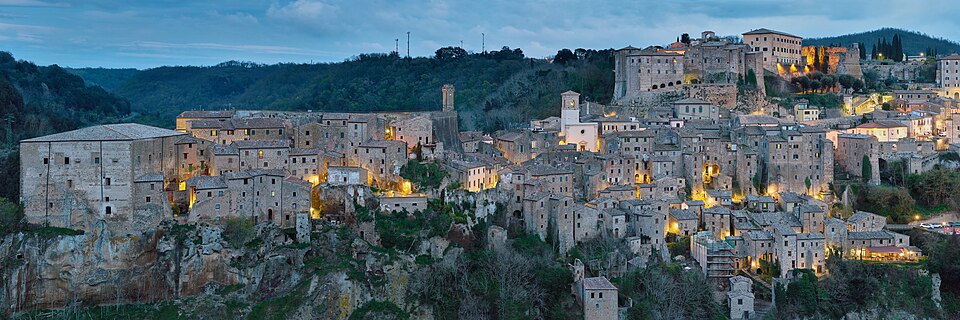
| Picture of the day |
|---|
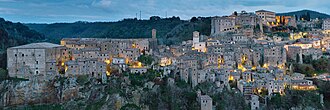
|
|
View towards Sorano – taken from San Rocco viewpoint (W of Sorano) during blue hour
|


A SpaceX Falcon 9 rocket carrying NASA’s IMAP (Interstellar Mapping and Acceleration Probe), the agency’s Carruthers Geocorona Observatory, and National Oceanic and Atmospheric Administration’s (NOAA) Space Weather Follow On–Lagrange 1 (SWFO-L1) spacecraft lifts off from Launch Complex 39A at NASA’s Kennedy Space Center in Florida at 7:30 a.m. EDT Wednesday, Sept. 24, 2025. The missions will each focus on different effects of the solar wind — the continuous stream of particles emitted by the Sun — and space weather — the changing conditions in space driven by the Sun — from their origins at the Sun to their farthest reaches billions of miles away at the edge of our solar system.
Read More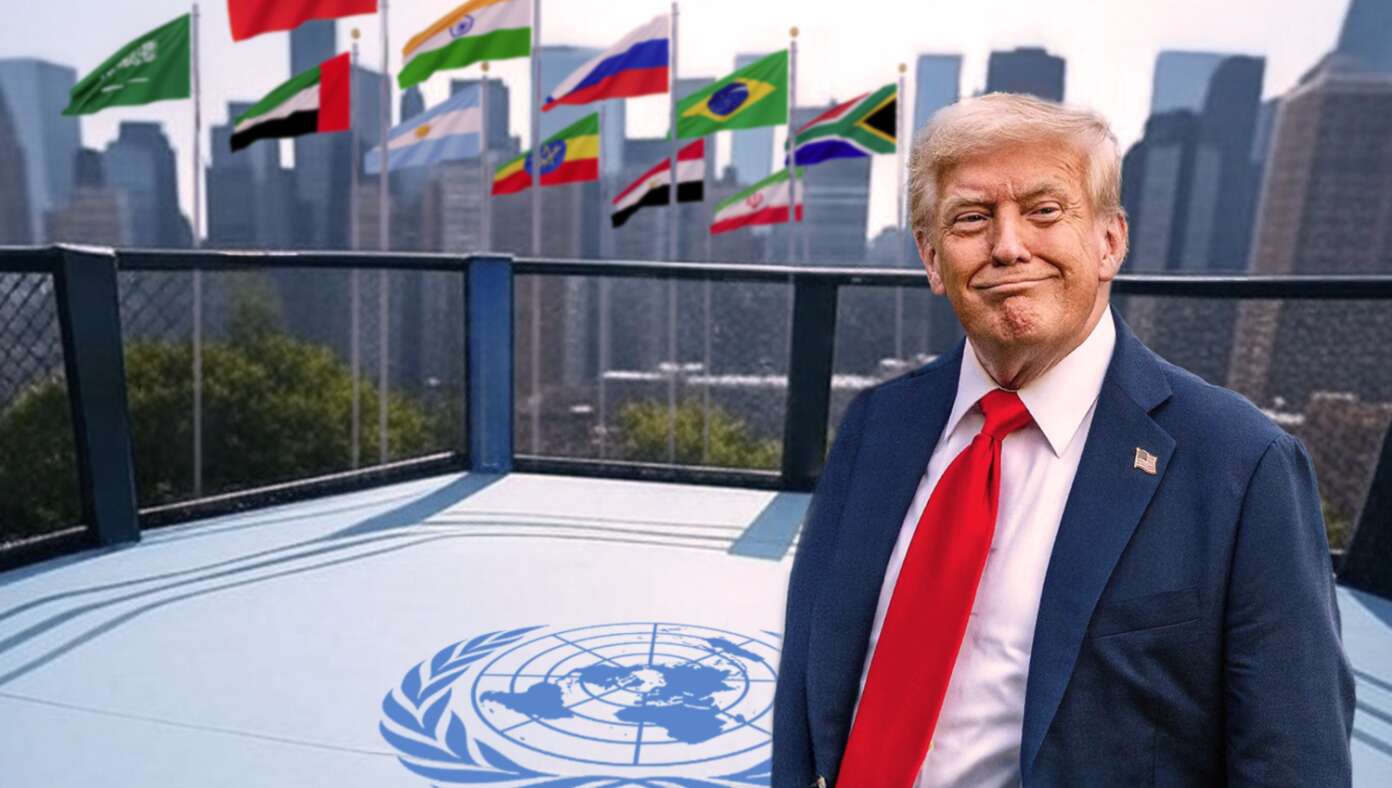
NEW YORK — Trump’s Tuesday speech at the United Nations Headquarters in Midtown Manhattan will officially be his last as he has announced plans to demolish the building and replace it with a tremendous UFC Arena.
Read More
People are always asking us: how do the writers at the Bee stay so hot and youthful? We decided to do the world a favor and give everyone a few tips on how you too can instantly become more attractive:
Read More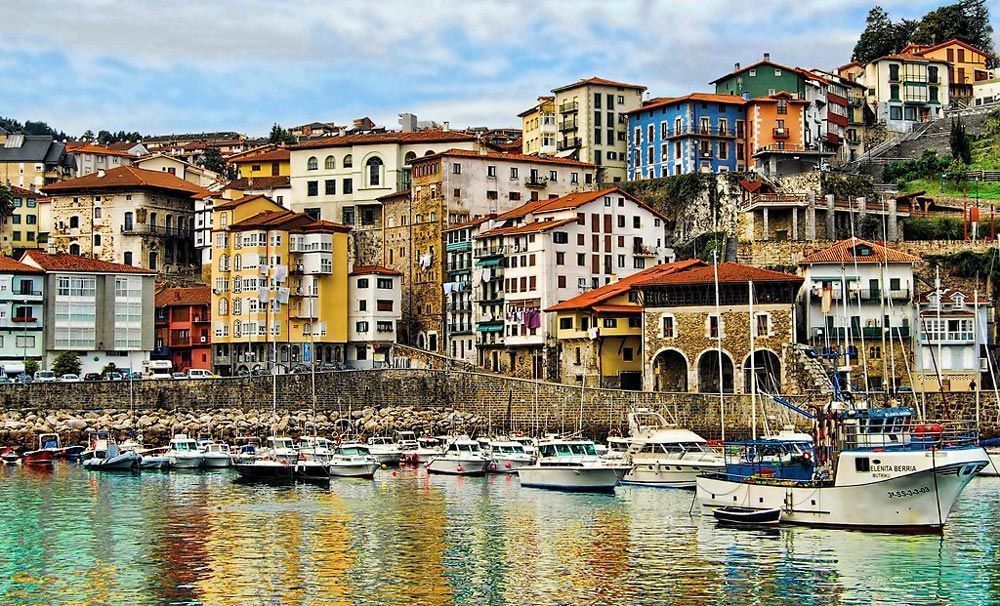


NASA astronaut Nick Hague watches as Robert Schmidle Pitts Aerobatics perform, Friday, Sept. 12, 2025, during the Joint Base Andrews Air Show at Joint Base Andrews in Prince George’s County, Maryland. Hague spent 171 days aboard the International Space Station as part of Expedition 72.
Read More
SAN DIEGO, CA — According to sources, local man Chris Martin exhibited signs of delusional behavior last night as he continued to hold out hope that his favorite baseball team could still pull out a win despite being down by 7 runs in the 9th inning.
Read More
ATLANTA, GA — In a groundbreaking statement that seemed to do away with all previous data, a group of researchers from the Dog CDC announced that eating your own poo was completely safe.
Read More
| Picture of the day |
|---|

|
|
Basketball, European Qualifiers, match between Germany and Poland in July 2022: Dennis Schröder (GER, 17). Today is his birthday.
|


NASA’s 10 new astronaut candidates were introduced Monday, Sept. 22, 2025, following a competitive selection process of more than 8,000 applicants from across the United States.
Read More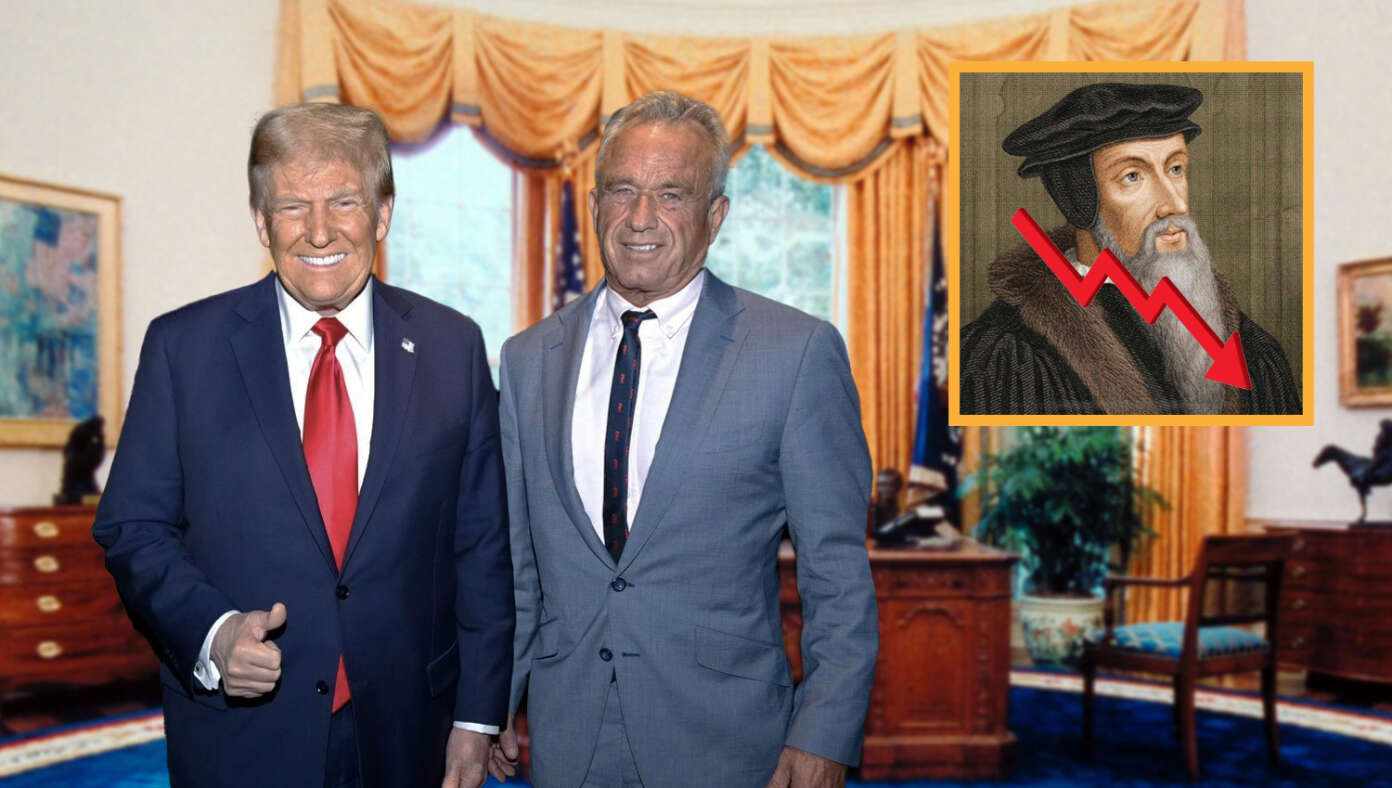
WASHINGTON, D.C. — Calvinism is reportedly in major decline after President Trump and Health Secretary Robert F. Kennedy Jr. found the cure for autism.
Read More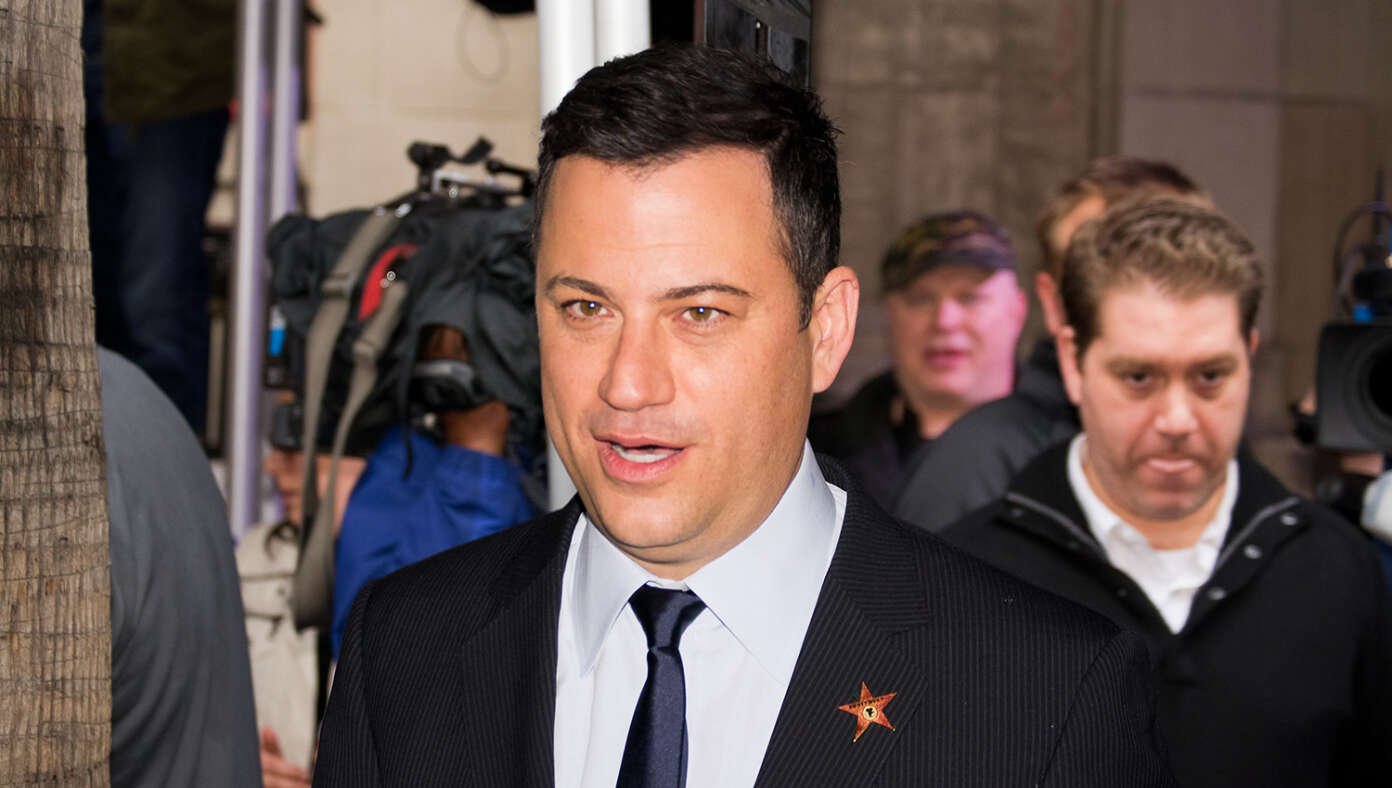
BURBANK, CA — What had been a week of upheaval in the late-night television landscape came full circle on Monday, as ABC announced that they were unfiring Jimmy Kimmel for offensive comments so they could instead fire him for not being funny.
Read More
| Picture of the day |
|---|

|
|
Crested hawk-eagle (Nisaetus cirrhatus ceylanensis) feeding on an egret in Bundala National Park, Sri Lanka.
|

U.S. — Surveying the hundreds of thousands gathered for Charlie Kirk’s memorial service, along with the millions watching across the globe, a despondent Satan declared that he had "made a huge mistake."
Read More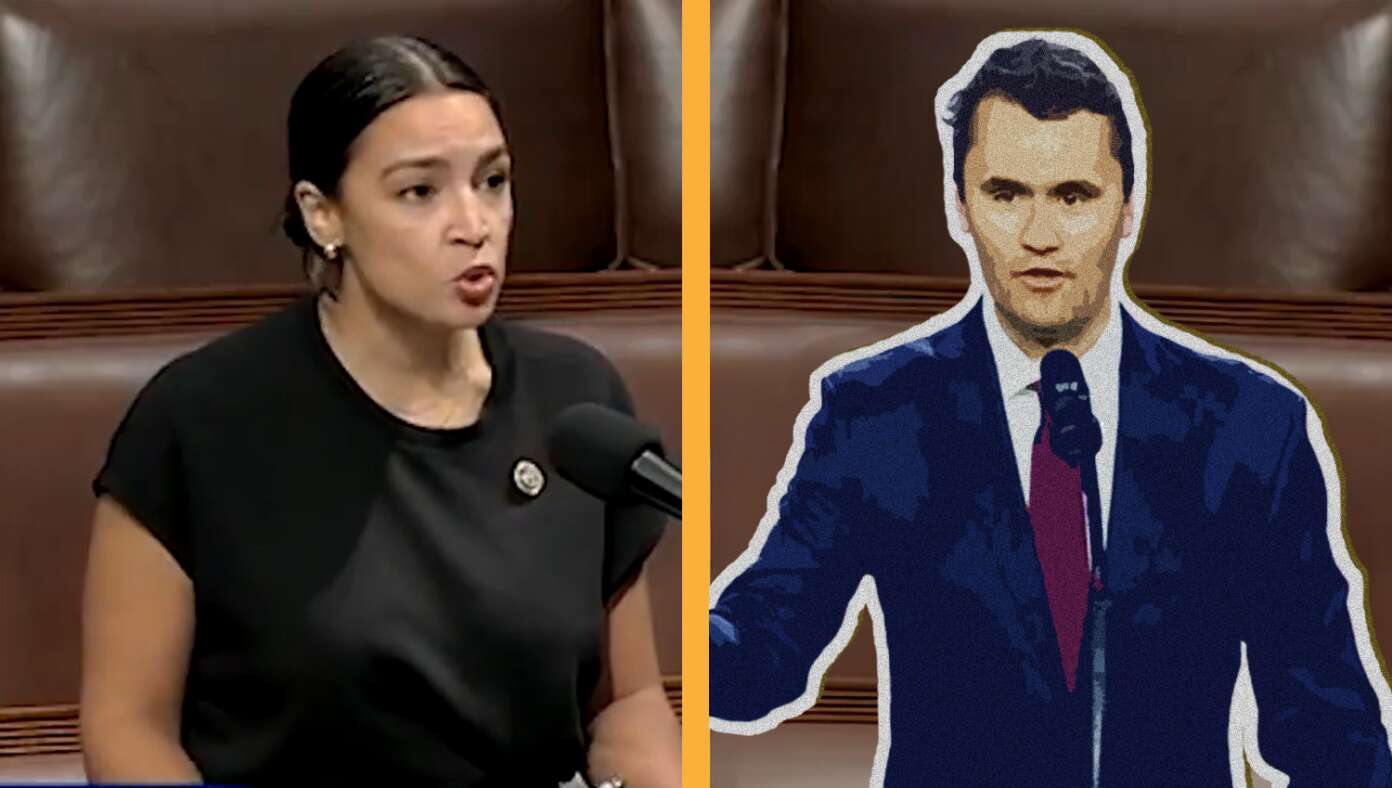
WASHINGTON, D.C. — Representative Alexandria Ocasio-Cortez has come out on the decidedly losing end of a debate against a cardboard cutout of Charlie Kirk.
Read More
| Picture of the day |
|---|

|
|
View across Lake Siskiyou in Northern California to Mount Shasta. At 4317 m, the stratovolcano is the second highest peak in the Cascade Range.
|

ARENA FEROX — As his opponent once again successfully dodged his attack, Captain Falcon began to wonder if shouting "FALCON PUNCH!!" before punching people might be telegraphing his moves.
Read More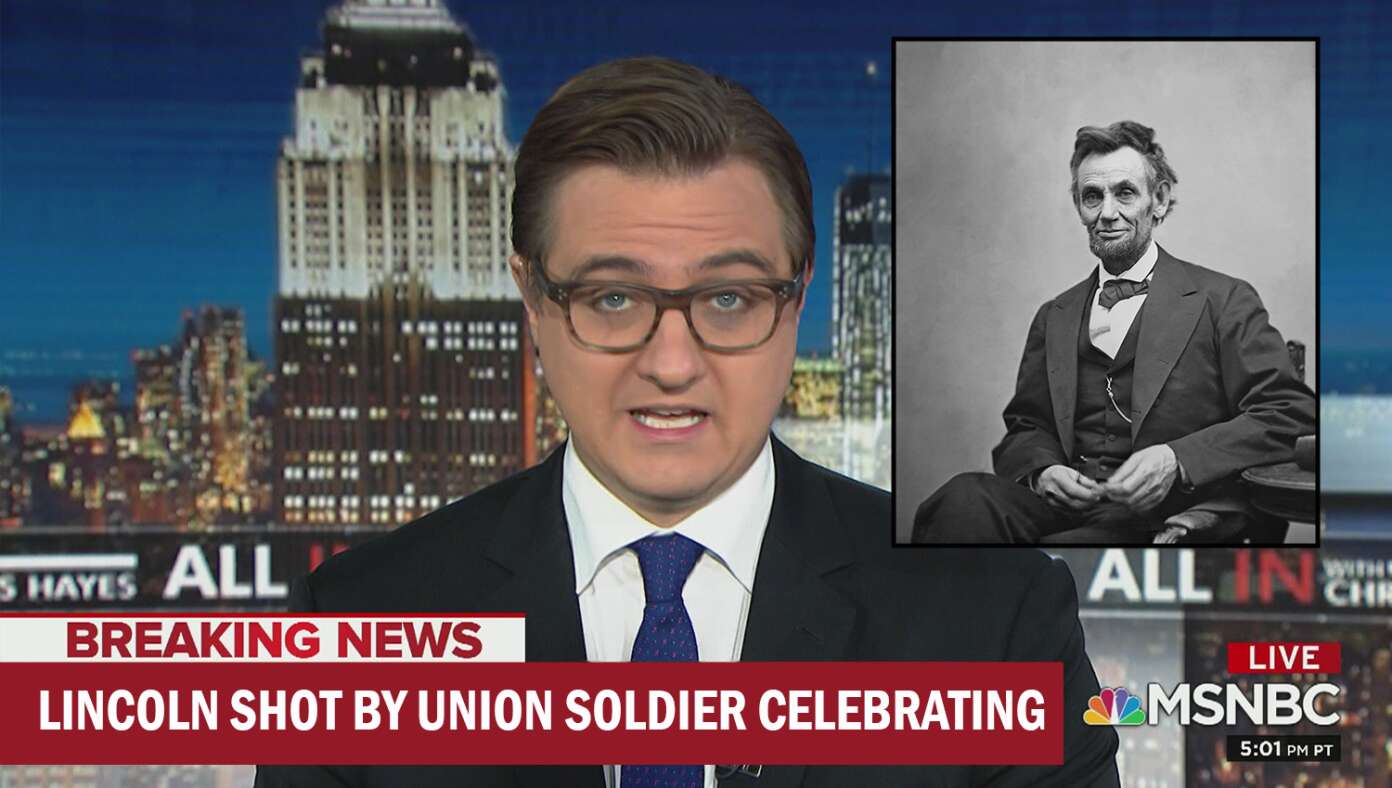
U.S. — MSNBC reported today that Abraham Lincoln has been shot by a Union soldier who was just firing his rifle in celebration.
Read MoreIn this infrared photograph, the Optical Communications Telescope Laboratory at JPL’s Table Mountain Facility near Wrightwood, California, beams its eight-laser beacon to the Deep Space Optical Communications flight laser transceiver aboard NASA’s Psyche spacecraft.
Read More
Jimmy Kimmel may have been relieved of his duties at Jimmy Kimmel Live!, but that doesn’t mean he’s ready to retire. He’s only 57, has bills to pay, and has plenty of good years left.
Read More
CAMBRIDGE, MA — Despite years of attempts by the most brilliant minds on the planet, researchers said that modern man is unable to create any television shows as good as Animaniacs.
Read More


The Milky Way appears above Earth’s bright atmospheric glow in this photograph from the International Space Station as it soared 261 miles above southern Iran at approximately 12:54 a.m. local time on Aug. 23, 2025.
Read More
LOS ANGELES, CA — Democrats gathered together outside the El Capitan Theatre on Hollywood Boulevard, bearing candles and saying silent prayers on behalf of Jimmy Kimmel, whose show, Jimmy Kimmel Live!, was placed on hold indefinitely.
Read More
U.S. — Effective immediately, every television station will begin airing a nightly broadcast of The President Trump Happy Fun Variety Hour, as mandated by the Federal Communications Commission (FCC).
Read More
| Picture of the day |
|---|
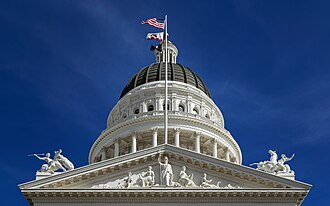
|
|
Northwest view up to the pediment, rotunda, and dome of the California State Capitol in Sacramento. California was admitted as the 31st state of the Union 175 years ago today.
|


NASA astronaut Zena Cardman processes bone cell samples inside the Kibo laboratory module’s Life Science Glovebox on Aug. 28, 2025.
Read More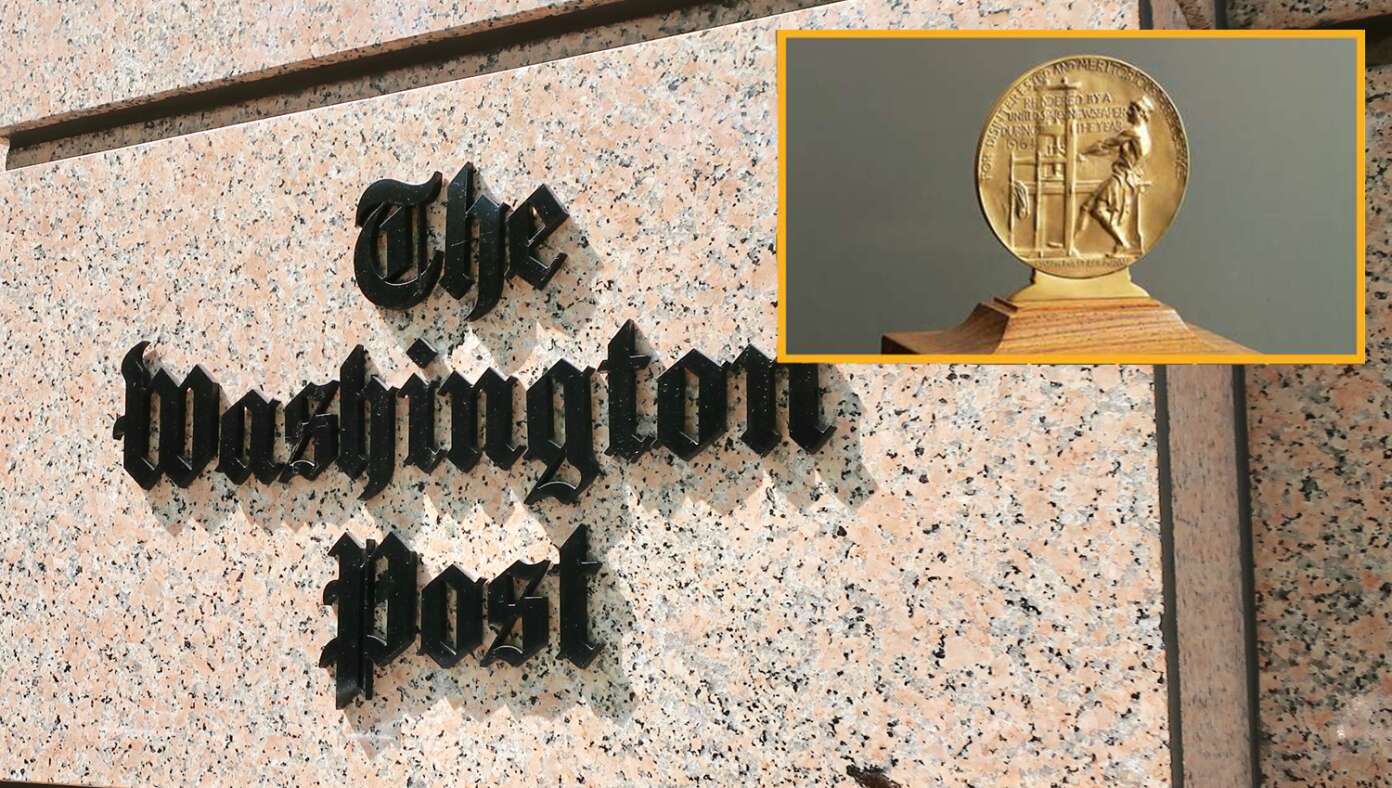
NEW YORK — Former Washington Post journalist Karen Attiah made history Wednesday as the first ever recipient of the Pulitzer Prize for "Best Fabricated Quote."
Read More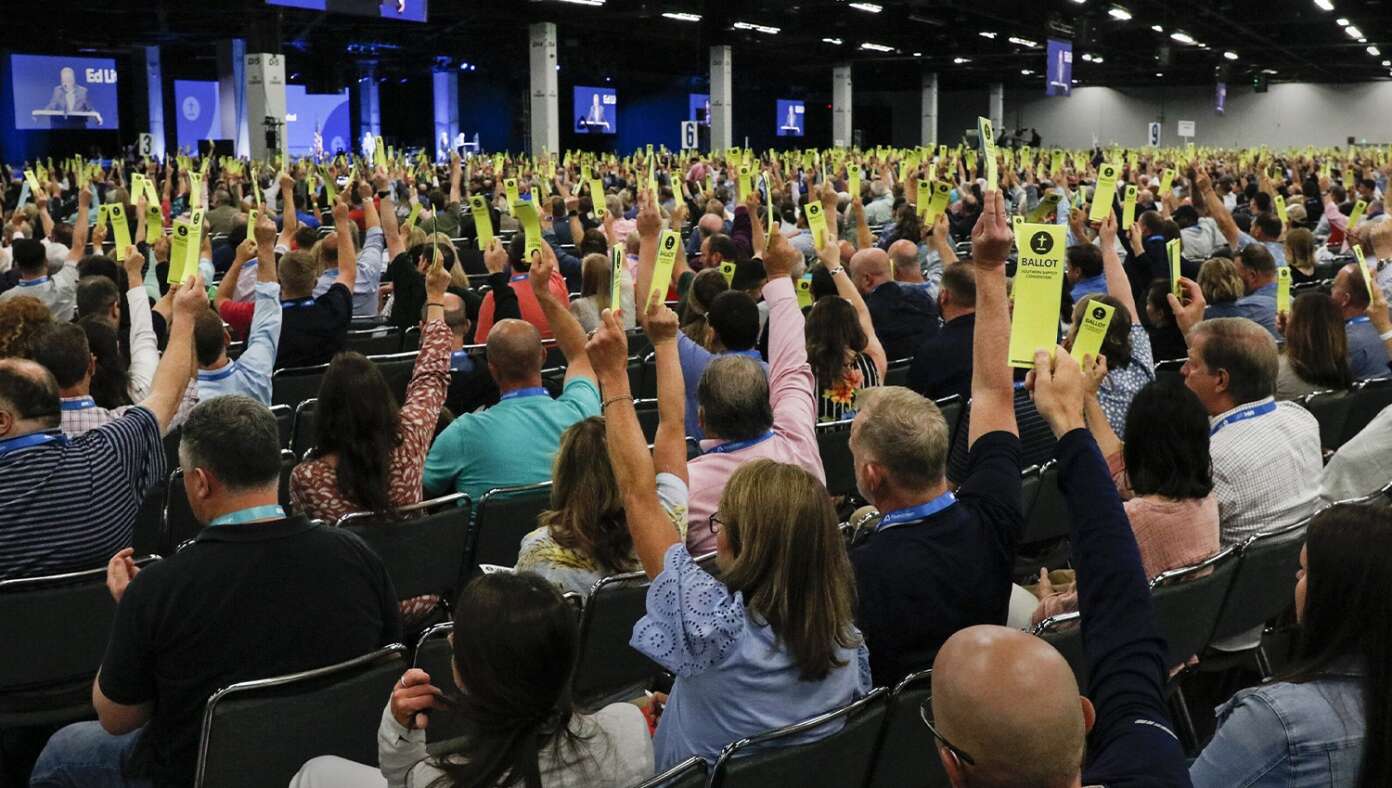
NASHVILLE, TN — In a stunning change to the bylaws that have served as the bedrock for the denomination for decades, the Southern Baptist Convention voted to lift its longstanding ban on sex after marriage.
Read More
| Picture of the day |
|---|

|
|
A Rose-ringed parakeet (Psittacula krameri) and her two chicks in a tree hole, National Botanical Garden, Dhaka, Bangladesh.
|


Westerlund 1 is the biggest and closest “super” star cluster to Earth. Data from Chandra and other telescopes are helping astronomers delve deeper into this galactic factory where stars are vigorously being produced. Observations from Chandra have uncovered thousands of individual stars pumping out X-ray emission into the cluster.
Read More
FEDERAL WAY, WA — Local wife Kristina Madsen was disappointed to learn over the weekend that her husband didn’t actually have "two tickets to the gun show" as he’d previously asserted.
Read More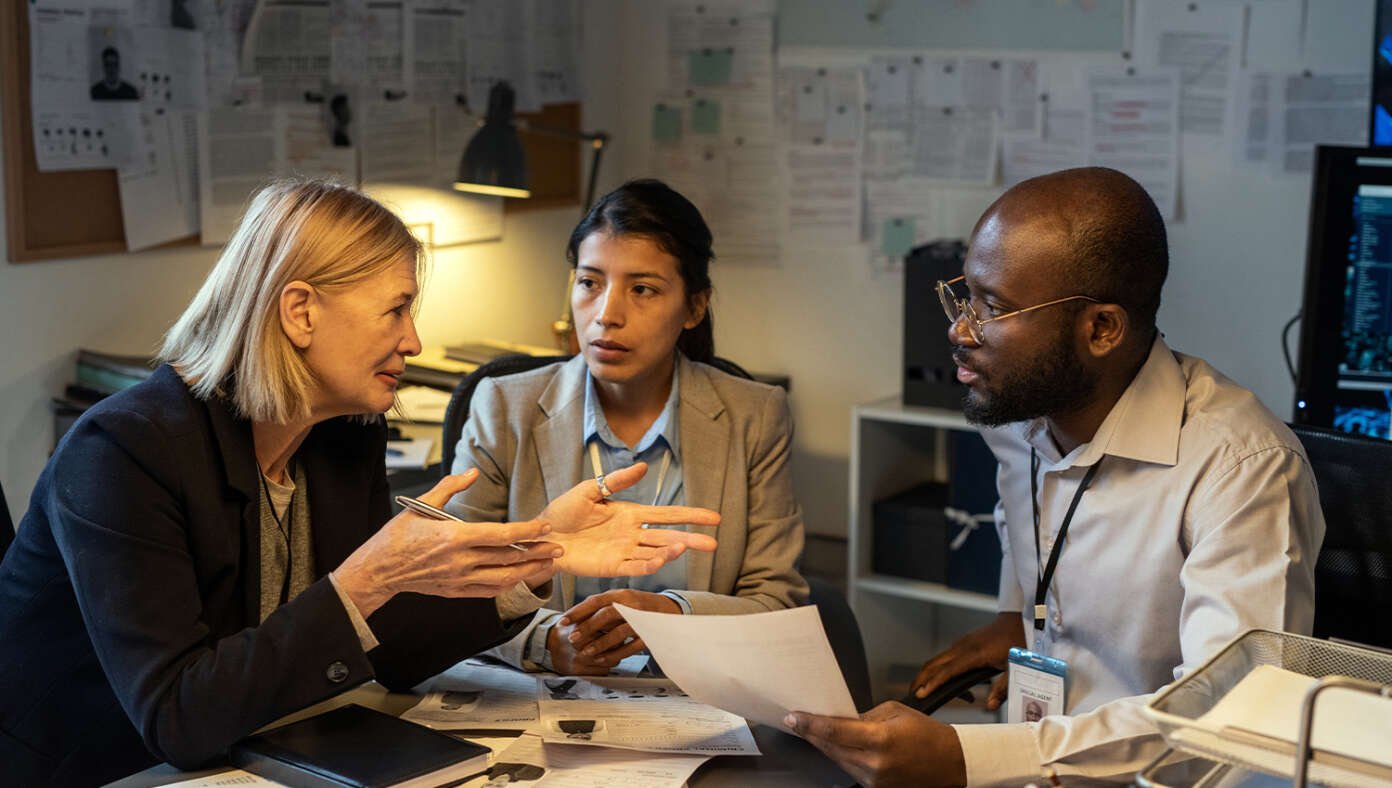
WASHINGTON, D.C. — According to sources, the investigation into the assassination of Charlie Kirk is on hold while federal agents are currently deliberating whether or not to investigate a Discord channel called "Tranny Terrorist Murder Planning Committee".
Read More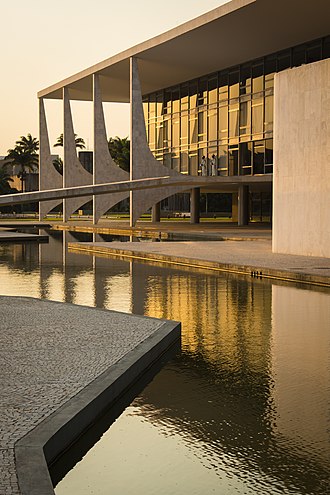


NASA astronauts Matthew Dominick (left) and Mark Vande Hei (right) prepare to fly out to a landing zone in the Rocky Mountains as part of the certification run for the NASA Artemis course at the High-Altitude Army National Guard Aviation Training Site in Gypsum, Colorado, Aug. 26.
Read More